
Recycling at the Landfill
Customers have a great opportunity to recycle at the landfills. The Department operates recycling programs at its landfills for electronic waste, appliances, tires, and metals. The revenue received from this recycling effort helps to offset the cost of other mandated activities such as appliance servicing, household hazardous waste collection, and electronic waste handling. This program recycles many of the items you may bring to the landfill.
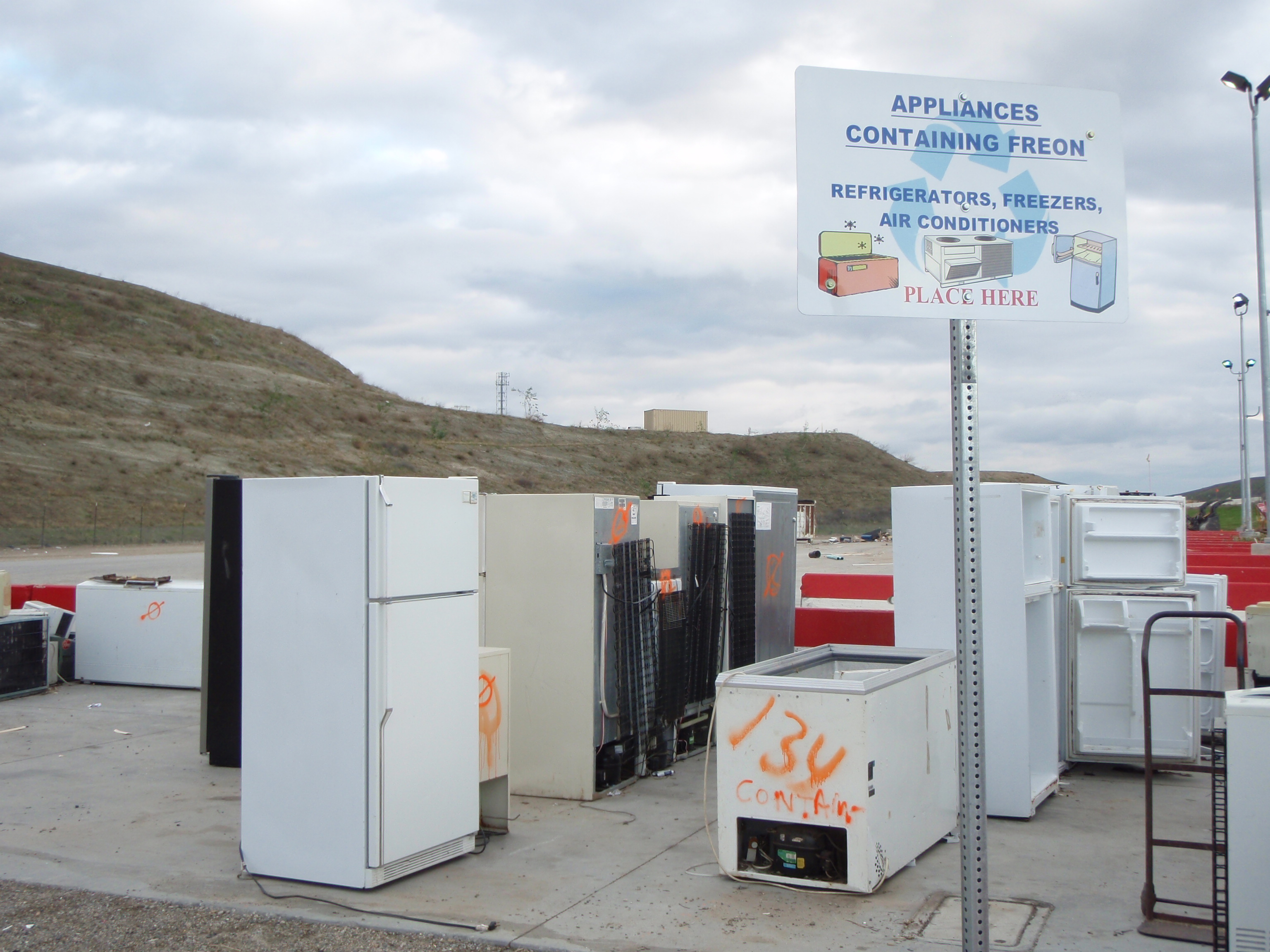
Many appliances, due to their condition, no longer have useable value. This waste stream includes, but is not limited to: dishwashers, refrigerators, freezers, air conditioners, stoves, ovens, microwaves, water heaters, lawn mowers, small motorized equipment, etc.
These appliances contain hazardous components that need to be properly removed before the appliance can be disposed or crushed for recycling. Putting a refrigerator in a landfill, for instance, rather than recycling it, will allow mercury and ozone-depleting chemicals to escape into 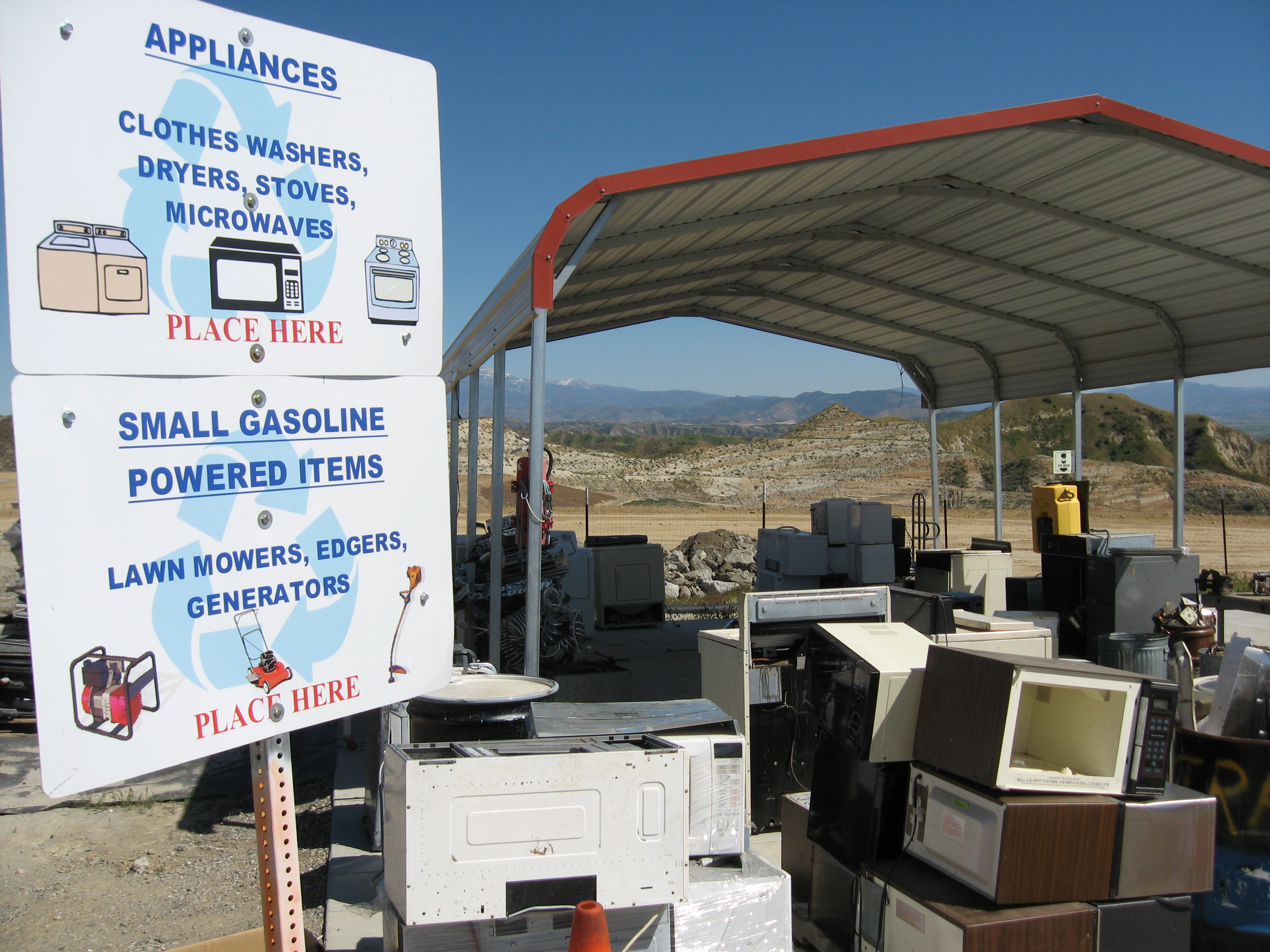 the environment to do damage and, ultimately, threaten public health.
the environment to do damage and, ultimately, threaten public health.
Some of the hazardous/harmful materials found in appliances include mercury, Freon, neon, Polychlorinated Biphyenyls (PCBs), used oil and gasoline.
The Department is a Certified Appliance Recycler. Once the Department removes the hazardous/harmful materials from appliances, the remaining metal is sent to local metal recyclers.
See the Appliance page of the Waste Guide for recycling locations.
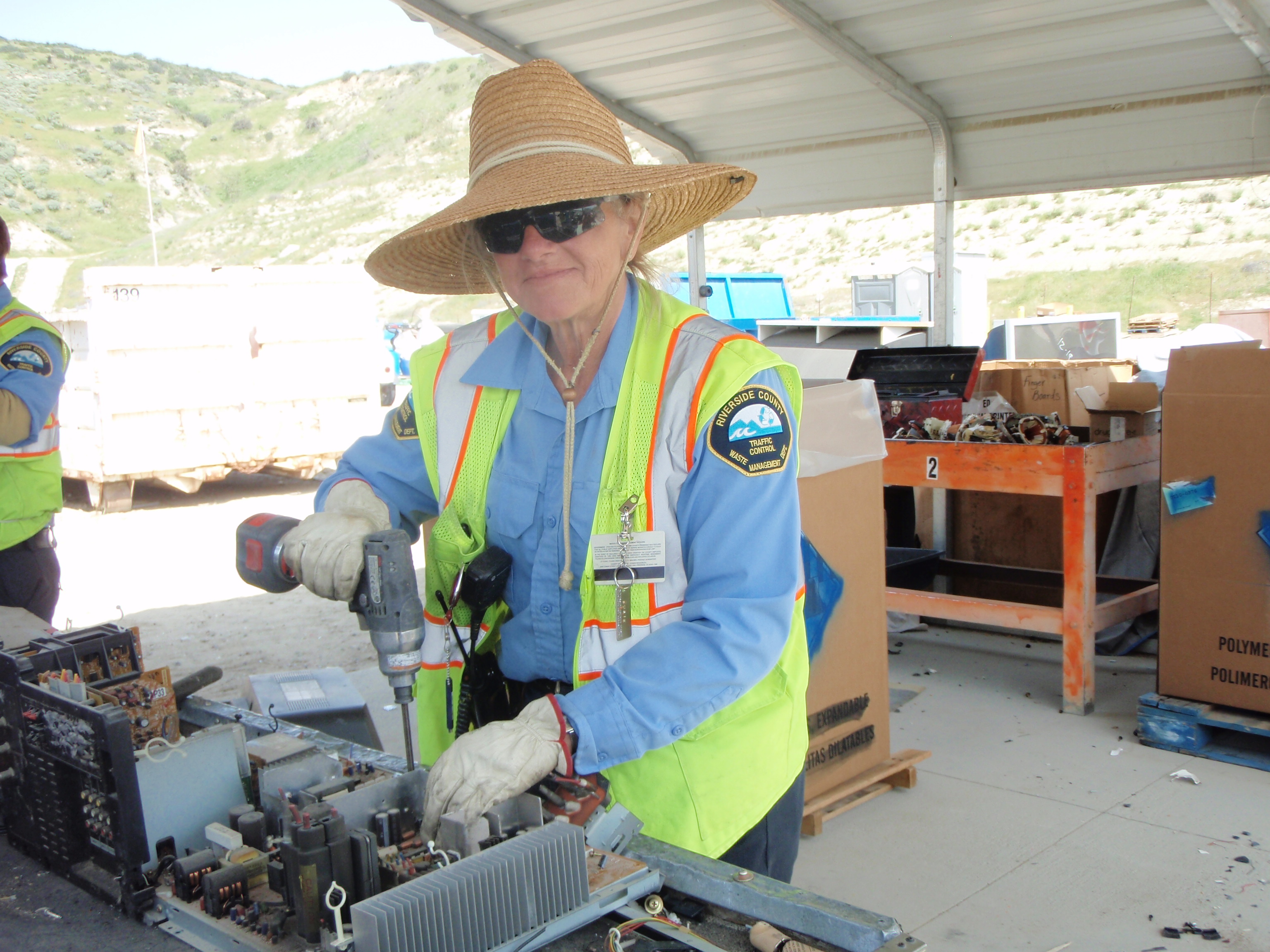
Many types of electronic products used in the workplace and homes contain hazardous substances such as lead and mercury. When these products reach the end of their useful lives or become obsolete, some are considered hazardous waste. Hazardous waste may not be discarded in the regular trash. Instead, it must be sent to a facility that has a permit for treatment (including recycling), storage or disposal.
Electronic waste items which are regulated include, but are not limited to: computer monitors, televisions, cash registers; computers; computer peripherals, telephones, answering machines, radios, stereo equipment, tape players/recorders, phonographs, video cassette players/recorders, compact disc/DVD players/recorders, calculators, and some appliances.
The Department is a State approved electronic waste collector. All electronic items accepted at the
landfills are sent to a State approved electronic waste recycler.
See the Universal Waste page of the Waste Guide for recycling locations.
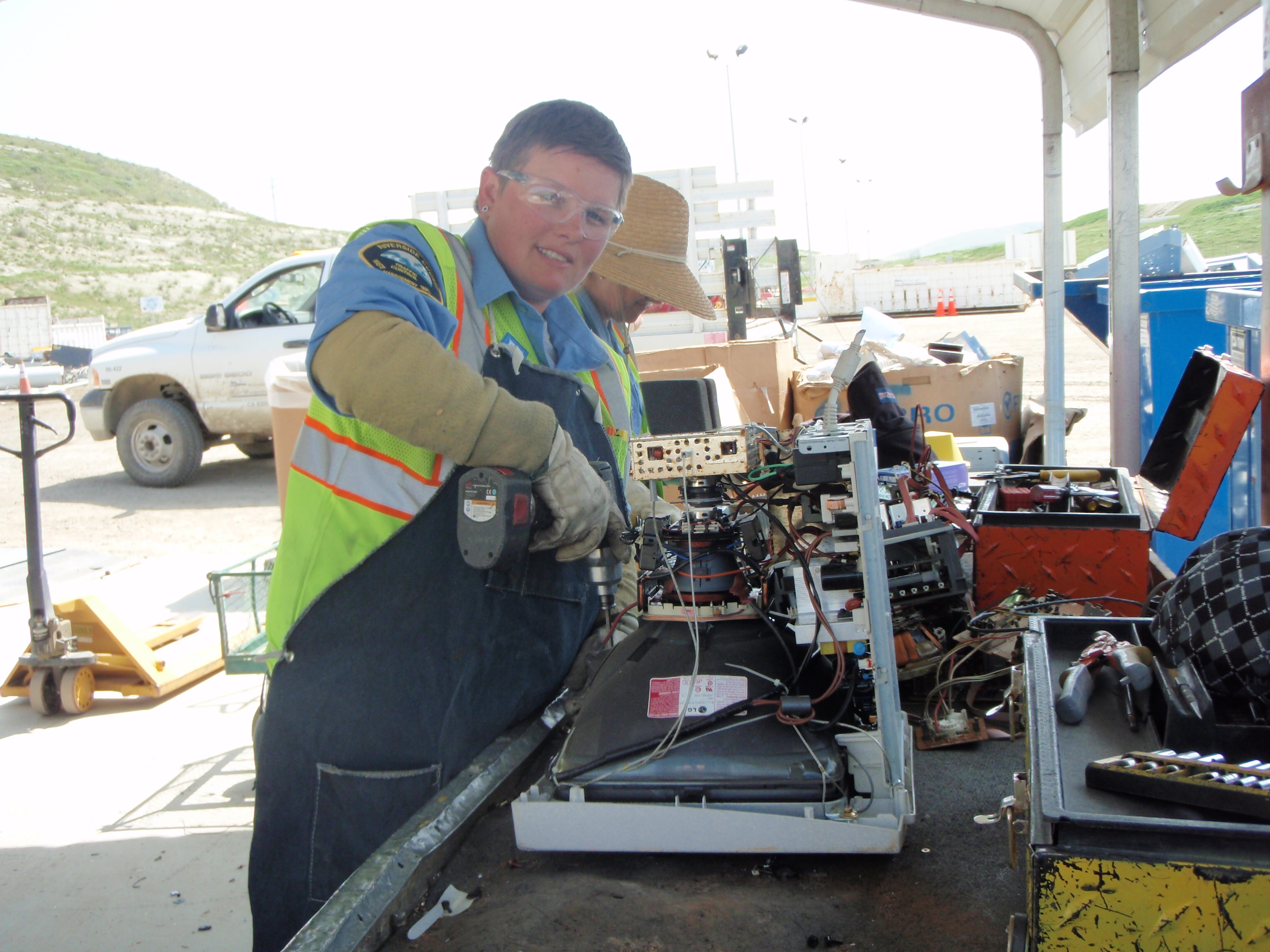
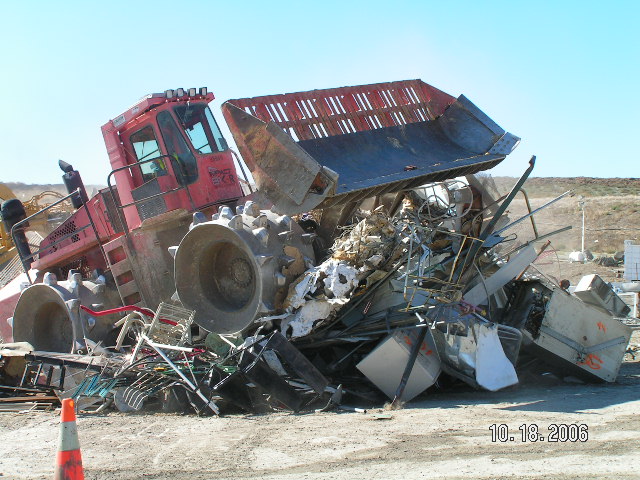
A wide variety of metals are brought to the landfill. This waste stream includes, but is not limited to: fencing, rebar, patio furniture, bicycles, structural steel, window frames, residual metal from serviced appliances and metal left from electronic recycling efforts, etc. Metal at the landfill is segregated and sorted by type and taken to local metal recyclers.
Customers using the landfill will be asked to place metal items in a separate area for recycling. We recommend you separate your metals and load them last before coming to the landfill. This will save effort and time when you are asked to separate your metals.
See the Metal page of the Waste Guide for recycling locations.
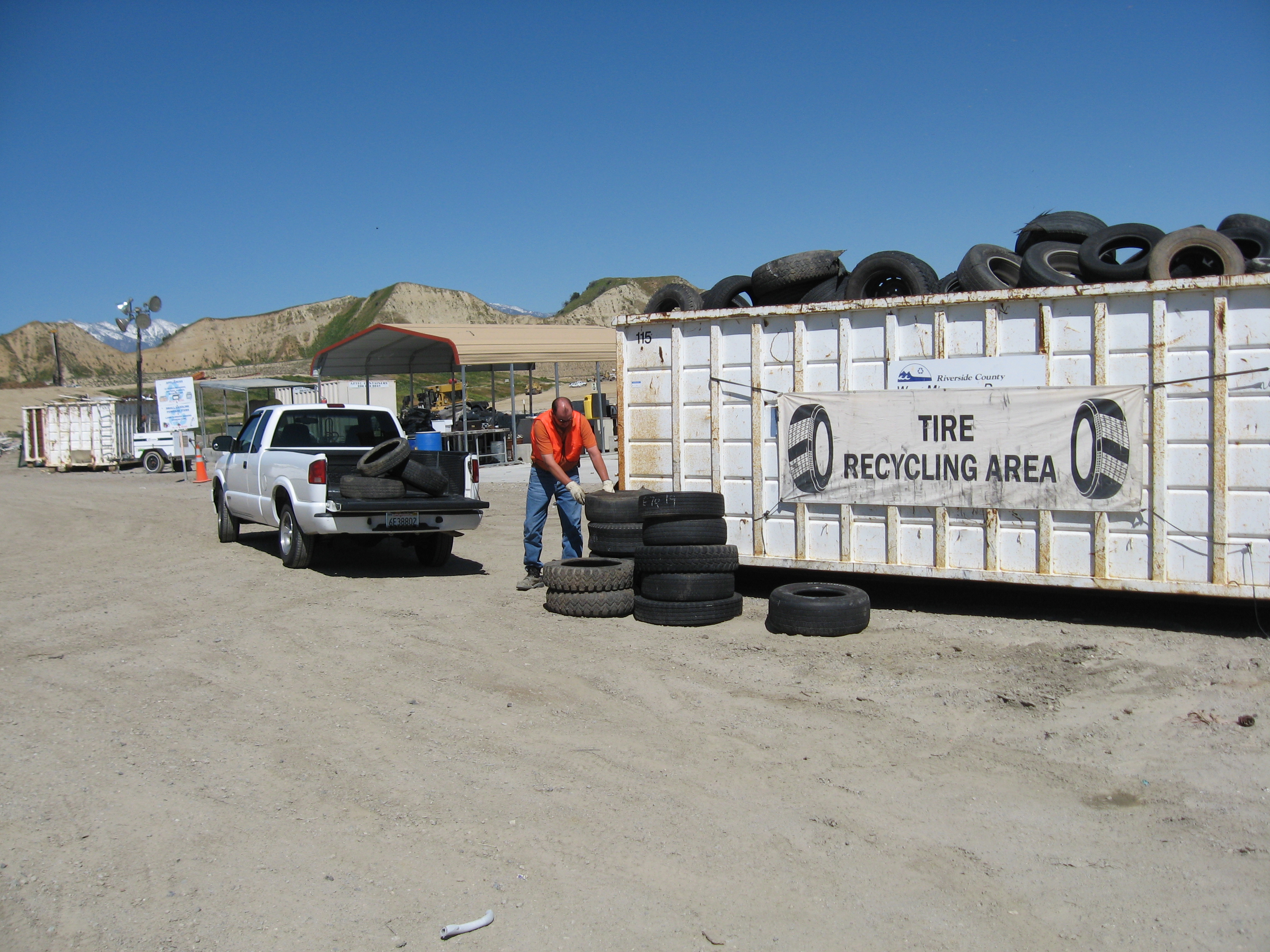
Tires are a state regulated special waste and are required to be tracked and stored in accordance with State regulations. The transportation of nine (9) or more tires requires a manifest.
See the Tires page of the Waste Guide for recycling locations. The Department charges a surcharge for tires.

